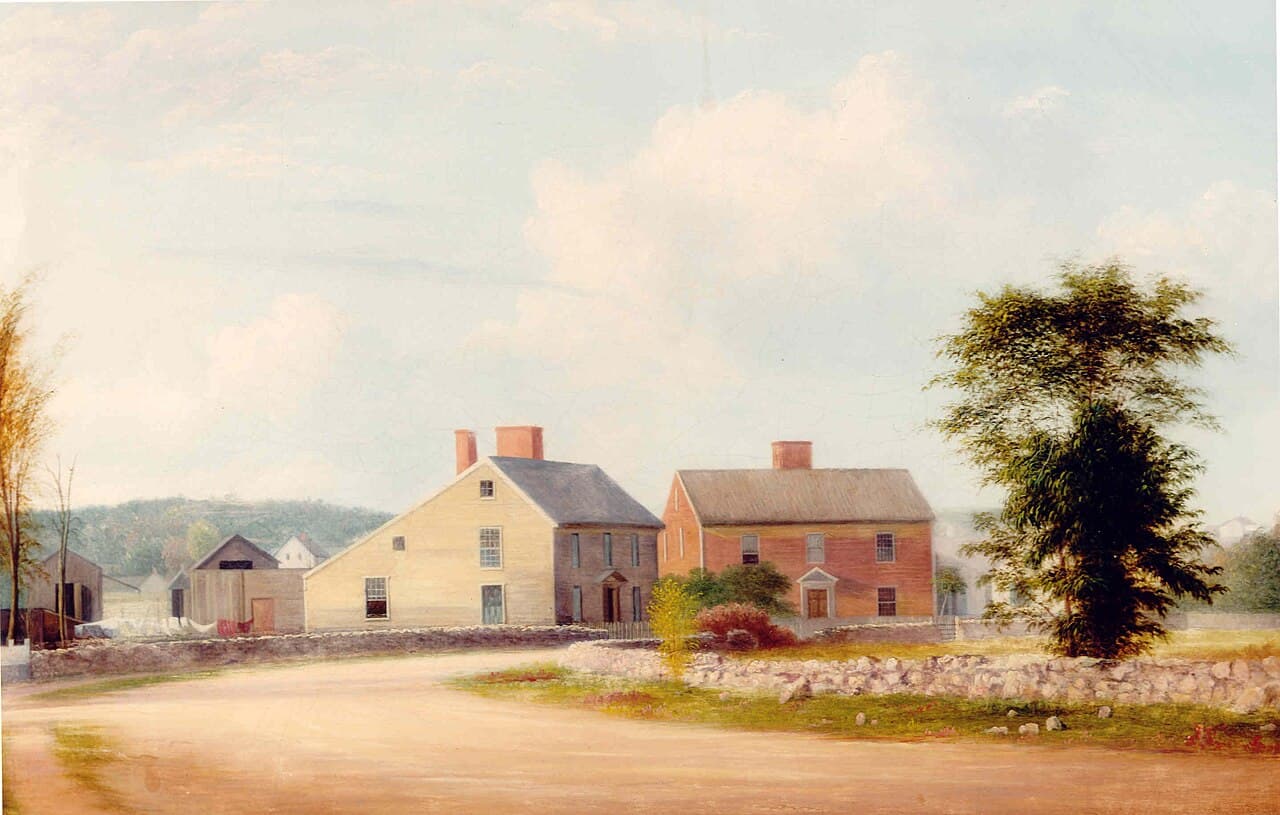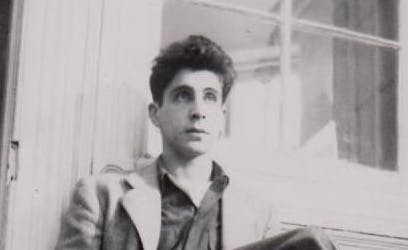
From Log Cabins and Empty Lots, Presidential Origins Manifest America’s Destiny
By DEAN KARAYANIS
|She regarded him as a condescending male, and he thought of her as catty and self-absorbed, as the author discloses in his poignant biography of a poet reckoning with his Jewish heritage and the Holocaust in ways not dissimilar to Plath’s.

Already have a subscription? Sign in to continue reading

By DEAN KARAYANIS
|
By CONRAD BLACK
|
$0.01/day for 60 days
Cancel anytime
By continuing you agree to our Privacy Policy and Terms of Service.
By JOTAM CONFINO